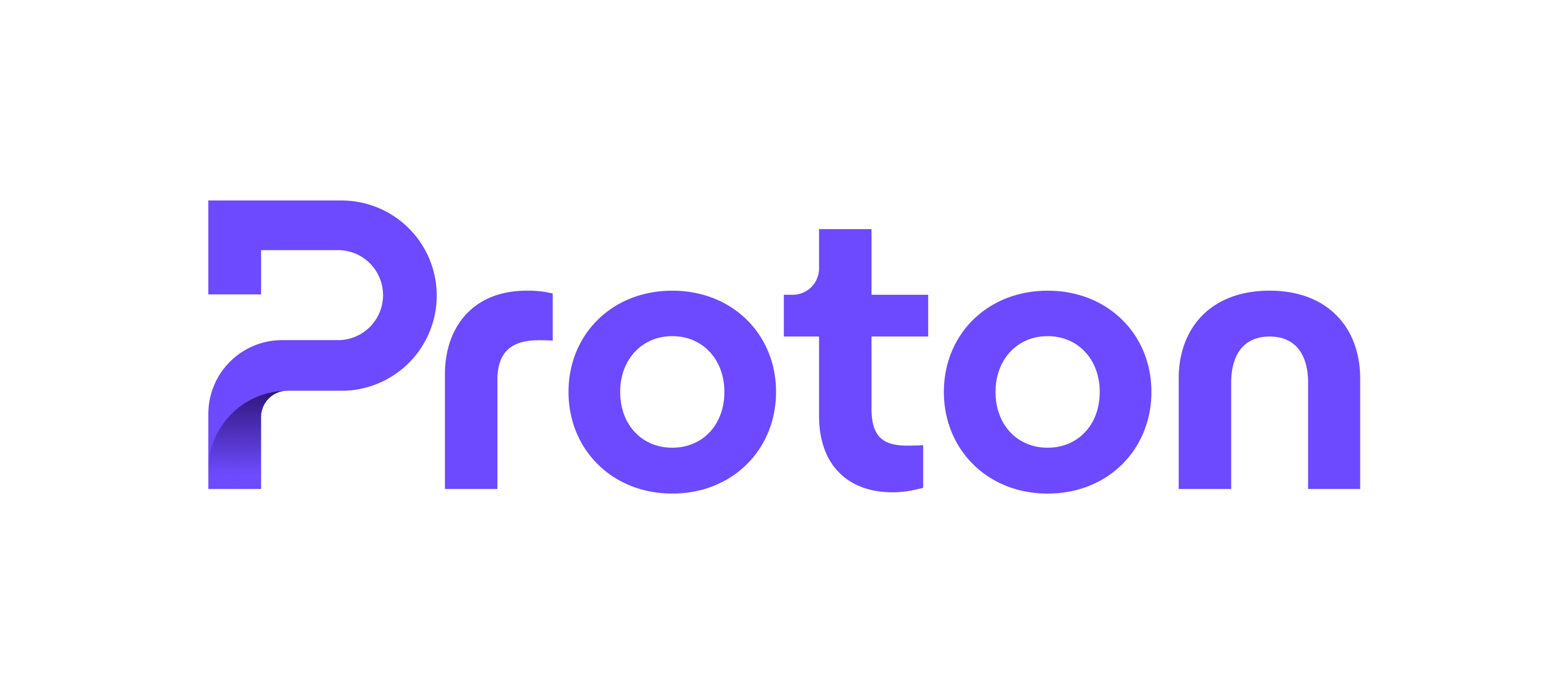Breaking Up with Big Tech - Part 2
Few big tech companies are as integrated into our daily lives as Google. Let's see if we can change that.

Few big tech companies are as integrated into our daily lives as Google. Let's see if we can change that.
Even within a realm of juggernauts, Google is truly in a league of its own. Their search engine is the most visited website in the world. Google Adsense is the lifeblood of e-commerce. Google Maps and Waze lead countless journeys each day. And Google Suite (Gmail, Google Docs, Google Drive, etc) are absolutely ubiquitous, dominating both personal and business use alike.
This means Google has an ungodly amount of our data, which they have leveraged to become the powerhouse they are today. The two most common uses for troves of data that size are targeted advertising and the training of generative AI models, which Google has been pursuing as ravenously as the rest of the tech industry. Even if we set aside the questionable morality of using our data for profit without our explicit consent, those genAI models are not just constrained to weird image generators or hallucinating chatbots. Microsoft, Amazon, and Google have sold their models to the Israeli military where they have been used for mass surveillance and military targeting, directly contributing to the genocide that has been occurring in Gaza.

Saying that there is a connection between our use of websites and war crimes does feel like something that should be accompanied by the donning of a tin foil hat, but that's just life in 2025.
Now to be clear, the fact that these companies have this incredible dominance, and are allowed to commit such heinous crimes, are systemic problems. You are not morally culpable for Google's crimes because you have used their services. Our governments are the ones with the power to do something, and they have regularly chosen to look the other way or, worse, actively support these giants.

That being said, I think its quite reasonable to want to stop supporting such platforms when possible! So let's take a look at some Google alternatives:
Google Chrome
This is probably the easiest recommendation in this batch: swap Google Chrome for Firefox.

Google Chrome hasn't been a particularly powerful browser for ages now yet still retains massive marketshare. Firefox will give you a comparable, if not better, experience and is a much better company to support. The software itself is open-source, allowing anyone to inspect or build on its code, and the company has been security oriented from its inception.
Google Search
If you feel like Google Search has gotten worse over the last few years, you aren't crazy. So this is a swap that might be worthwhile even if you don't care about Google's effect on the world.
My main recommendation is DuckDuckGo, which I have been using for a few months now. The main selling point of the search engine is security and anonymity. Their privacy policy is: "We don’t collect or share any of your personal information."

In my experience with the search engine, it does a fine job for a lot of things, but definitely isn't a perfect Google replacement. For more complex queries I still find myself having to go to Google to find what I'm looking for, particularly news stories. However, it has still allowed me to reduce my Google Search usage on the whole.
I have also recently heard about Brave Search, another privacy focused search engine. I don't have any thoughts on it yet, but will be testing it out and reporting back.
Unfortunately if you like to avoid genAI, as I do, both of these search engines use it in a very similar way to Google. However, unlike Google, both search engines allow you to easily turn these genAI suggestions off.
Google Suite
For me, Google Suite has felt like the most difficult Google service to replace. I have used Gmail for over a decade and, as a creative, I have made extensive use of both Google Drive and Google Docs. I figured this would be one Google product I would have to learn to live with, until I heard about Proton.

Note: The link above is a referral link which gives a free month of the Mail Plus Proton plan and (if you fully sign up later) gives me a credit to my account. This is a normal referral link available to all Proton users and is not part of a paid promotion. I have no intention to accept paid promotions on Electric Avenues.
Proton is a privacy focused company based in Switzerland which offers a suite somewhat comparable to Google's which includes:
- Proton Mail
- Proton Calendar
- Proton Drive
- Proton Docs
- Proton VPN
- Proton Pass (a password manager)
- Proton Wallet (a crypto wallet)
The big selling point about Proton is that everything that can be end-to-end encrypted, is. This means that even Proton themselves cannot access your data, only you can.
But what it is it like to use? From my month and a half of use, here's the pain points I've encountered:
- Proton Mail is a very functional e-mail client which was super easy to swap over to, however I definitely miss the "smart" filtering Gmail has. You have to sort your e-mails manually, which can be a bit of pain.
- Proton Drive feels like it sits somewhere in between a more traditional cloud storage service, like Dropbox, and Google Drive. It's very functional for backing up your files but isn't robust in a web client. For example, you can't view PDFs without downloading them.
- Proton Docs is pretty barebones compared to Google Docs. It is missing a lot of the functionality a normal word processor has, doesn't have other applications like an Excel equivalent, and doesn't have a 'comment only' permission, which I used all the time. However, it still does the job well enough for 90% of my use cases which is better than I was expecting.
- I have supplemented this by using Libre Office for my spreadsheets, which is basically Microsoft Office but open source and free. It's definitely clunkier than Office but it gets the job done.
- A lot of the best bits of Proton aren't free. However, that makes sense as unlike Google, Proton doesn't make its money by selling your data.
I think the surprising bit is that that's the entirety of my pain points so far. The swap has been easier than I was expecting and I don't plan on going back.
The only two Proton products I have yet to try are Proton Pass and Proton Wallet. I've heard good things about Proton Pass, but just haven't wanted to deal with swapping from my current password manager yet. And Proton Wallet, I'm fully uninterested in . At its best I think crypto is kind of pointless and, at it worst, I think it's a scam.
On top of all this, when I pull the plug on my Drive subscription, my other VPN subscription, and my other password manager subscription, I'll be saving money every month by using Proton for all those things.
I would highly recommend trying out Proton and seeing if you like it.
Google Maps
I have yet to look into non-Big Tech alternatives for GPS services like Google Maps or Waze, but its something I'm very curious about. If you have any recommendations, please feel free to send them in or comment down below! I'll definitely be returning to this.
Let Me Me Know What You Think
If you end up trying any of these alternatives, please let me know what you think. I strive to make Electric Avenues a place that gives actionable, useful advice on these topics.
Electric Avenues Housekeeping
Two points of housekeeping for Electric Avenues I think are worth mentioning:
- This week I meant to release an article about how to re-evaluate your relationship with the internet and social media to live a happier, more productive life. However, I have fallen off the wagon pretty badly this last week with my social media usage. As such, I'm re-evaluating my ideas before writing that article. The goal is for the method to be sustainable and if it doesn't even work for me, it's not ready for showtime!
- Electric Avenues is moving to a once every two week cadence. I've got too much to manage outside of this project to keep up with a weekly cadence for the time being.
Today's Recommendations
I'll be closing out each Electric Avenues article with a few articles or pieces of media which I think are worth your time.

A fascinating look into how we may have misunderstood how our current political moment relates to the working class.
Spoilers: We aren't headed toward socialism.

And let's round it off with a little hope that bad things might happen to one of the worst people.






